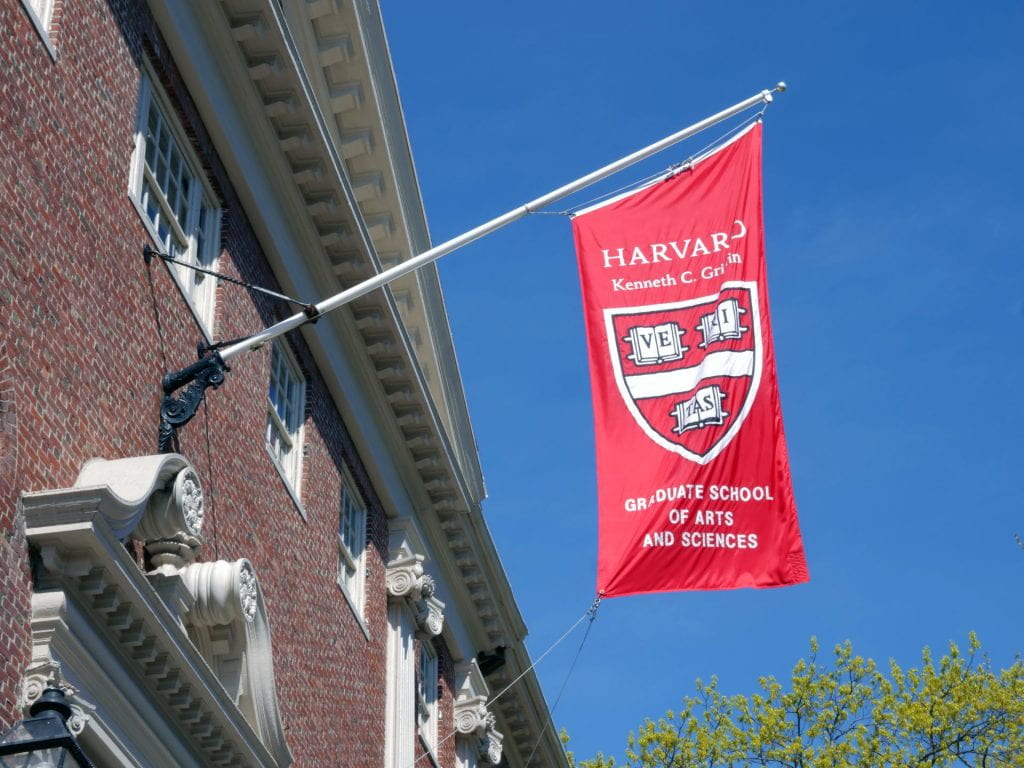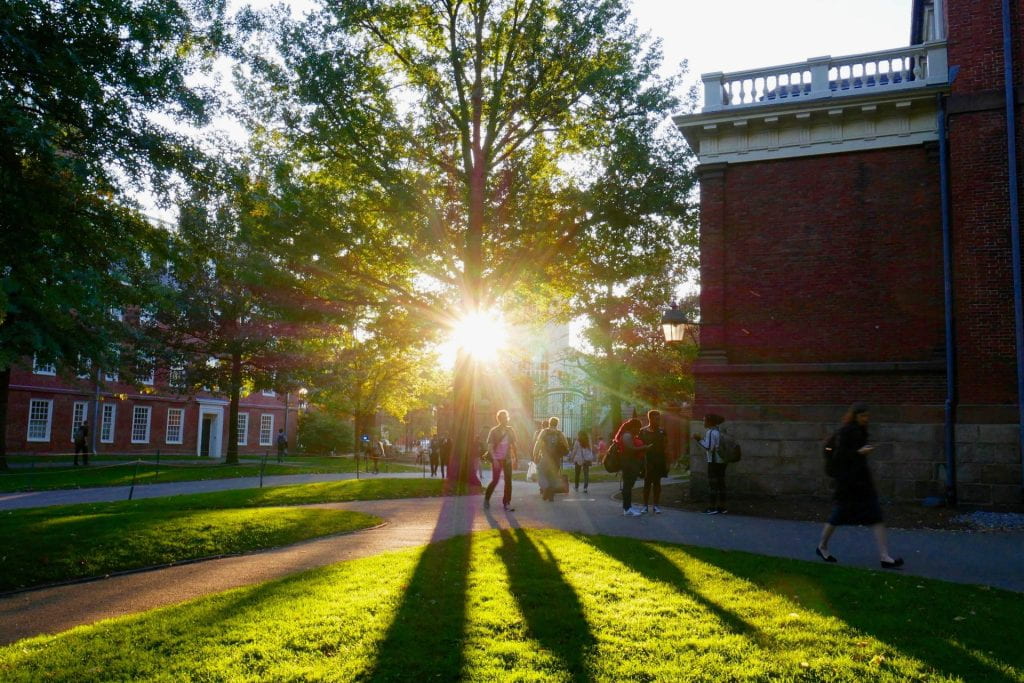Over the past two years, the FAS Faculty have come together in various forms to embark on a three-year strategic planning project with the goal of developing a forward-looking vision for excellence in our academic communities, the support and development of our faculty, and graduate admissions and education.
The third and final year of this project kicked off with a faculty retreat in August 2023, which begins a year of exploring what we have learned during the first two years of planning and discussing opportunities for change that have emerged from our efforts.
Background
The Faculty of Arts and Sciences has launched a broad, three-year strategic planning process to define the structures and resources needed to support long-term excellence in teaching and research within and across its many fields and disciplines. Our second year, the 2023 academic year, was a year of designing and piloting solutions to the challenges—and opportunities—that surfaced over the course of our first year, which was focused on listening and discovery. The process puts a particular focus on a forward-looking vision for excellence in:

Academic Communities

Faculty Support and Development

Graduate Education
The FAS strategic planning process benefits from insights achieved through a number of distinct review and planning efforts across the Academic Divisions. It draws particular inspiration from a report (and its appendices) by the FAS Study Group, a faculty group convened in November 2020 that spent a year defining a vision for how to position the FAS for broad-based academic excellence, innovation, and sustainability. That report resulted in the use of a new economic budgeting model, a new position that works directly with units to help them increase their access to and use of restricted funds that are now underutilized, and the piloting of a new space planning model to bring transparency and consistency to how we manage our space and make tradeoffs against it.

Vision Statement
From November 2021 through February 2022, the FAS convened nearly 200 faculty members for small group conversations to create a shared vision for the future of the FAS.
A strong, intellectually vibrant, creative FAS ready to steward the future of the liberal arts and sciences through cutting edge research and teaching. An FAS that can:
- Attract and retain the world’s most original and compelling scholars
- Support faculty to achieve excellence in their teaching and research and to contribute at a high level to the University through their citizenship
- Attract and prepare the next generation of leaders and support them in a transformative educational experience
- Foster an environment of ambition, curiosity, and shared commitment to our academic mission that elicits excellence from all members of our community
- Simultaneously cultivate deep disciplinary expertise while promoting meaningful and novel collaboration across disciplines, departments and Schools
- Act quickly and efficiently to advance emerging academic directions and opportunities
- Ensure that individual faculty and academic units have the information they need to make well-considered choices about how to advance our academic mission
- Intentionally structure graduate programs around a shared understanding of student success
GSAS Admissions and Graduate Education Committee
GAGE was tasked with considering advising, teaching, employment outcomes, institutional finances, and equity, diversity, inclusion, and belonging to develop actionable steps in how admissions slots are allocated and to outline what PhD education should look like in the 21st century.


Faculty Workload Committee
The Faculty Workload Committee was charged with examining the non-research workload of faculty at the Faculty of Arts and Sciences and the John A. Paulson School of
Engineering and Applied Sciences.
Workstreams
Updates
- Graduate Admissions & Graduate Education UpdateThe GSAS Admissions & Graduate Education committee (GAGE) completed its work in summer 2023, releasing a final report in September. The report includes recommendations for advising, the scale and strength of the academic program, equity, diversity, inclusion, and belonging, employment outcomes, teaching, and finances, with further recommendations for admissions….Continue Reading Graduate Admissions & Graduate Education Update
- Faculty Development and Support UpdateAt the recommendation of the Faculty Workload Committee (FWC) report, the Office of Faculty Affairs conducted an audit of work the administration requests of faculty to better understand how faculty are spending their time and determine where work can be eliminated, done more efficiently, or performed by administrative staff. Using the results of this audit, as well as feedback from the Faculty, the Office for Faculty Affairs is developing recommendations to help alleviate faculty workload. …Continue Reading Faculty Development and Support Update
- Academic Communities UpdateDuring the 2022 fall term, Dean Robin Kelsey visited all 21 Departments and Programs in the Division to discuss the strategic planning efforts and gather faculty input directly….Continue Reading Academic Communities Update
Allied Administrative Efforts
Alongside the above academic strategic planning efforts, there are a number of allied administrative efforts under way to ensure that our operations are effectively supporting the core teaching and research mission of the FAS. This includes efforts to reimagine budgeting led by Scott Jordan, FAS Dean for Administration and Finance. That work is structured into five working groups that will tackle (1) workforce planning, (2) space and capital planning, (3) multi-year planning, (4) the annual budget process, and (5) reporting and accountability to make recommendations that will be implemented for the FY24 budget process. For more information on this effort please contact Katherine Gates at kgates@fas.harvard.edu.
A comprehensive technology landscape study is being led by Vice President and University Chief Information Officer Klara Jelinkova, who also serves as FAS Chief Information Officer. The study will result in an in-depth mapping of technology usage and needs across the FAS community, as well as strategic recommendations for a cohesive, future-facing technology ecosystem that enables the FAS’s teaching and research mission. An FAS Steering Committee oversees the study and reviews study design and data analysis. Committee members include Professor Deidre Lynch, Dr. Chase Harrison, Professor Amanda Pallais, Professor James Waldo, Mike Holmes, Dean Mary Ann Bradley, and Dean Russ Porter. For more information or to share feedback, please reach out to FASCIOOffice@fas.harvard.edu.
Contact
For questions, comments or more information on FAS Strategic Planning, please contact fasstratplan@fas.harvard.edu.
